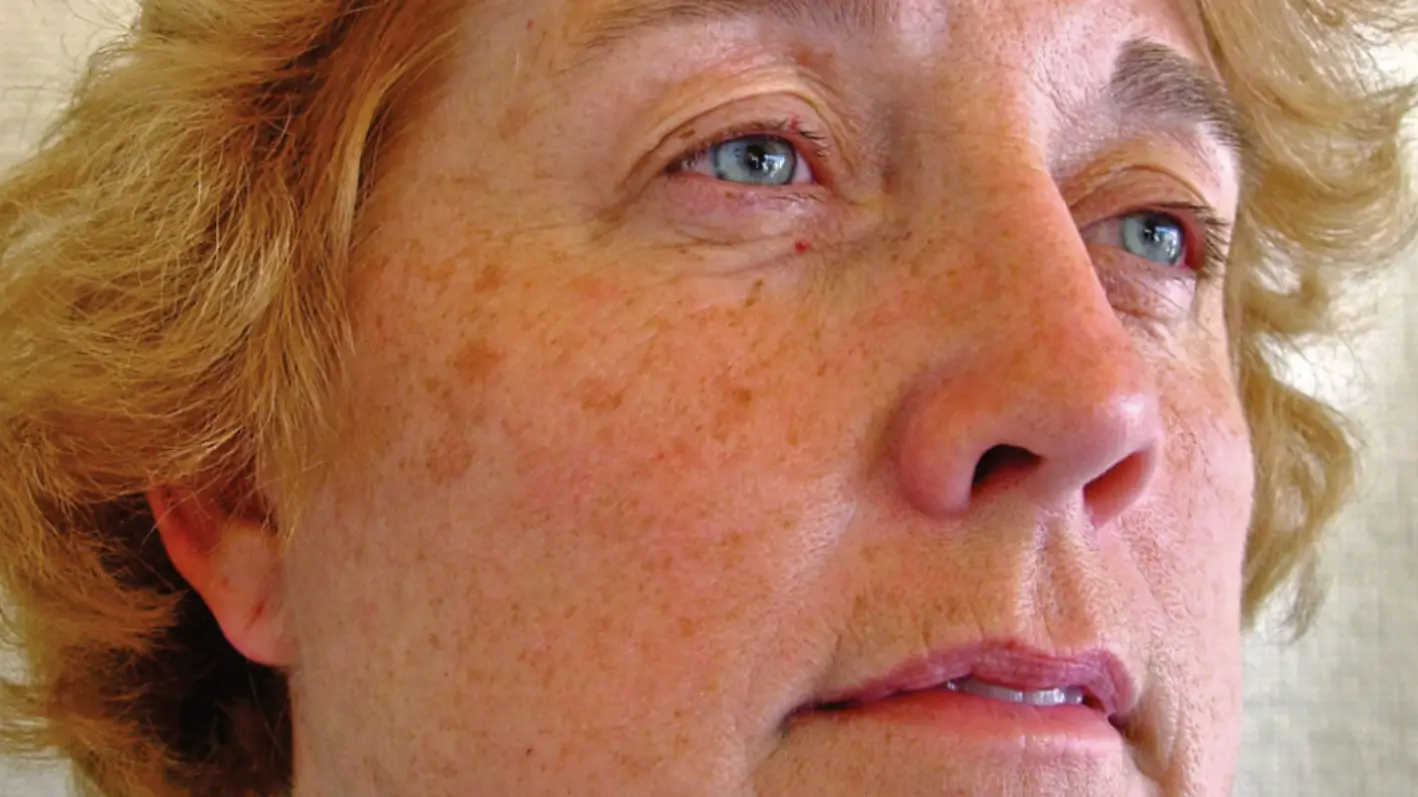
A study on a set of identical twins showed their difference in appearance when only one of them smoked.
With the odd combination of the influx of vaping and continuous surge of health trends, it feels like long ago when smoking ciggies was a pretty normal, promoted part of culture.
I mean, some of us can still remember when you could literally light up inside the pub. But nowadays smoking is sometimes a ‘cool kid’ thing, but less often as it was back then, with some younger generations firmly seeing smoking as uncool.
And that’s fair enough, given the damage we know cigarettes can cause, with this dermatology study that was published in 2007 directly showing the impact it can have on your actual face.
Advert
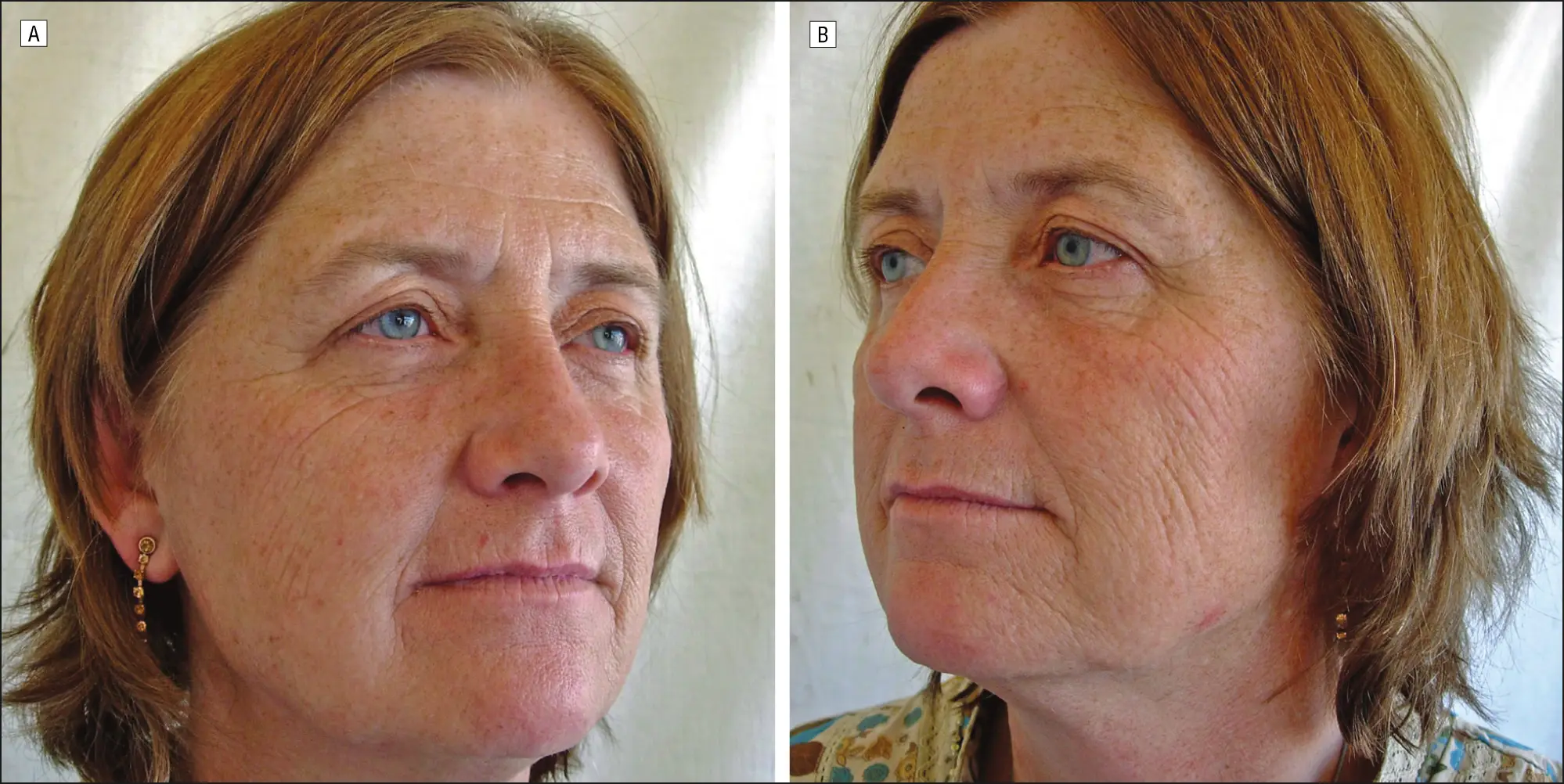
Titled ‘Smoking and Skin Aging in Identical Twins’, the study from Arch Dermatol looked at a pair of identical female twins who in their later decades ‘had the same type of job at the same latitude, resulting in well-matched levels of significant sun exposure’.
But a key difference was that the twins ‘differed markedly’ in their smoking history.
While Twin 2 was a nonsmoker who had never smoked, Twin 1 smoked cigarettes and had approximately 52.5-pack-year smoking history.
And the pair had a ‘marked disparity in the degree of facial aging’.
Examined at the age of 52, they had an identical genetic background, ‘minor medical histories and similar significant sun exposure histories’.
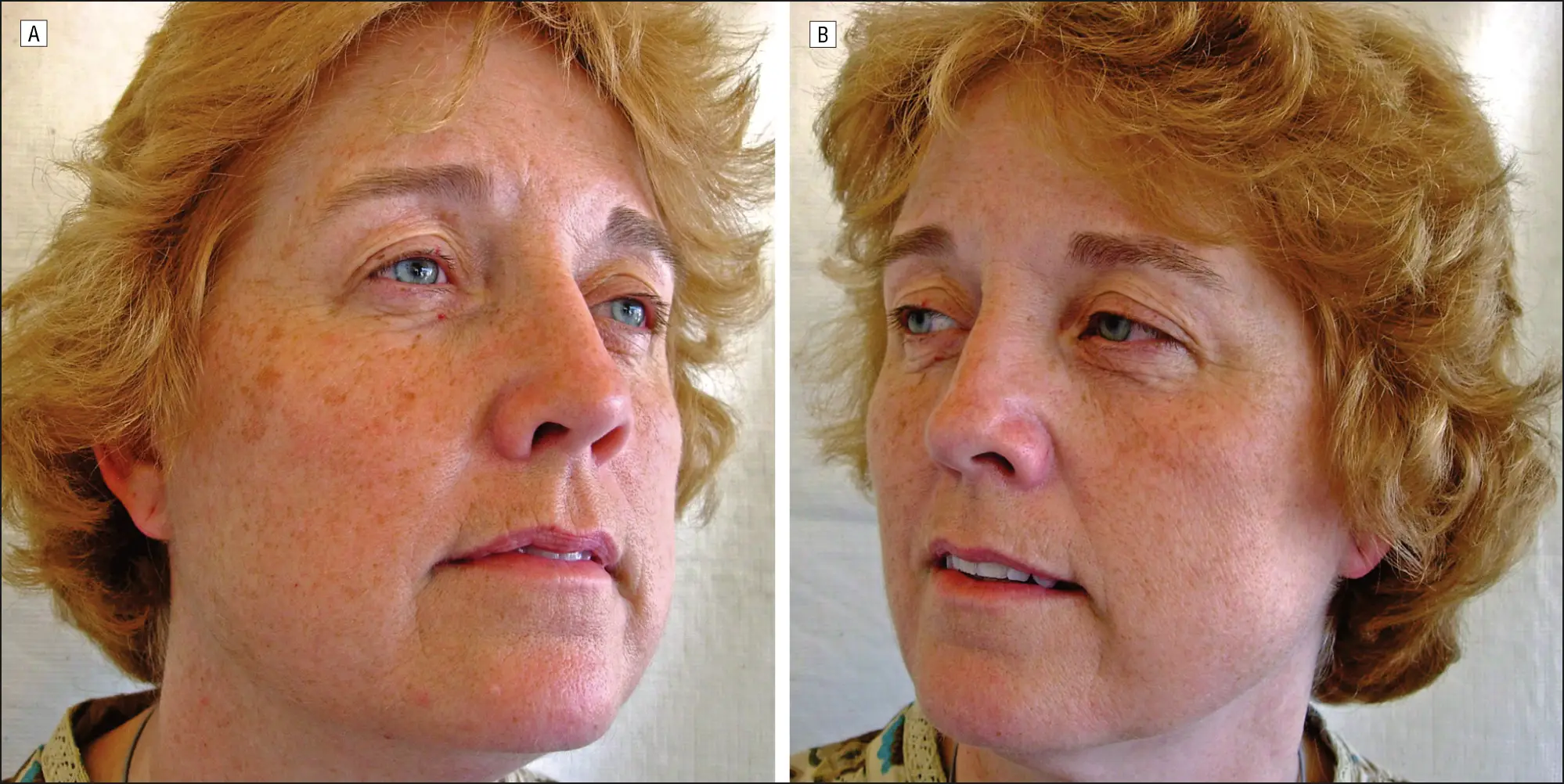
But, the non-smoking twin had a ‘significantly less’ degree of facial aging. Basically, Twin 1 had more ‘mild fine wrinkling, scattered lentigines, mild-density hypopigmentation, and mild skin laxity’.
Or, if we’re putting it in really simple terms for us, the smoking sister’s skin had more signs of aging than the non-smoker.
The study gave each of them a score according to the 6-point photographic scale for photodamage created by Larnier et al.
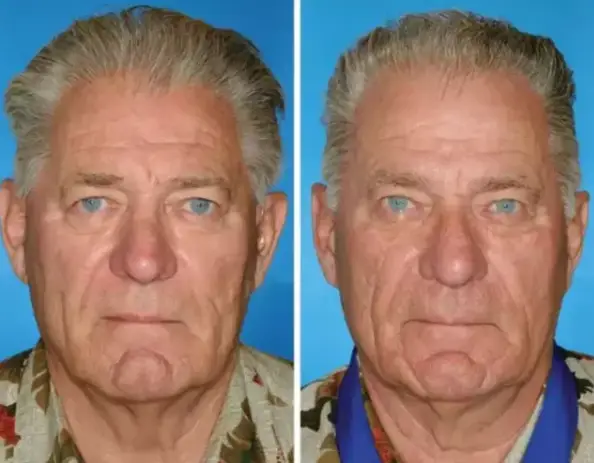
Twin 1 got a grade five (severe) and Twin 2 got a grade two (mild to moderate).
It concluded: “The difference in skin aging illustrated by this twin pair may serve as a motivator for smoking cessation.”
Another study from researchers at the Department of Plastic Surgery at Case Western Reserve University looked at other pairs of twins where only one of them had smoked or had smoked far more than the other.
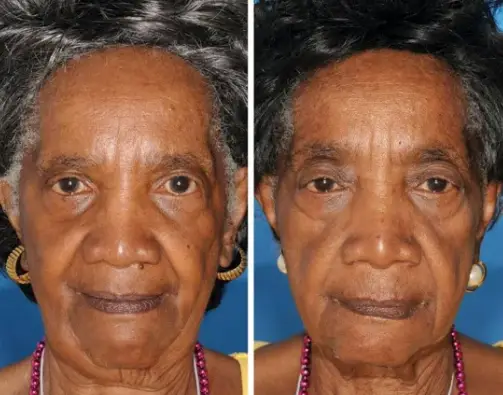
And in this you can again see clear differences in their appearances.
Dr. Bahman Guyuron, who led the research, explained to CNN: “Smoking reduces the collagen formation, results in collagen degradation and reduces the skin circulation.
“Additionally, nicotine reduces the skin thickness. All of these reduce skin elasticity and (cause) premature aging."
That study found that those who smoked scored worse for wrinkles around the lips, jowls and upper eyelid skin redundancy.